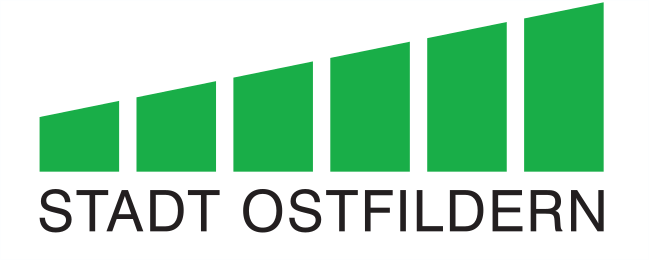With this special contribution, the municipal library and the project "eins plus b" circumvented Corona entirely:
The popular bilingual storytelling sessions for children in kindergarden were published as videos on the respective websites for the entire duration of the Interultural Week, 24-7.
This time around the stories were told in German-Romanian and in German-Portuguese.

